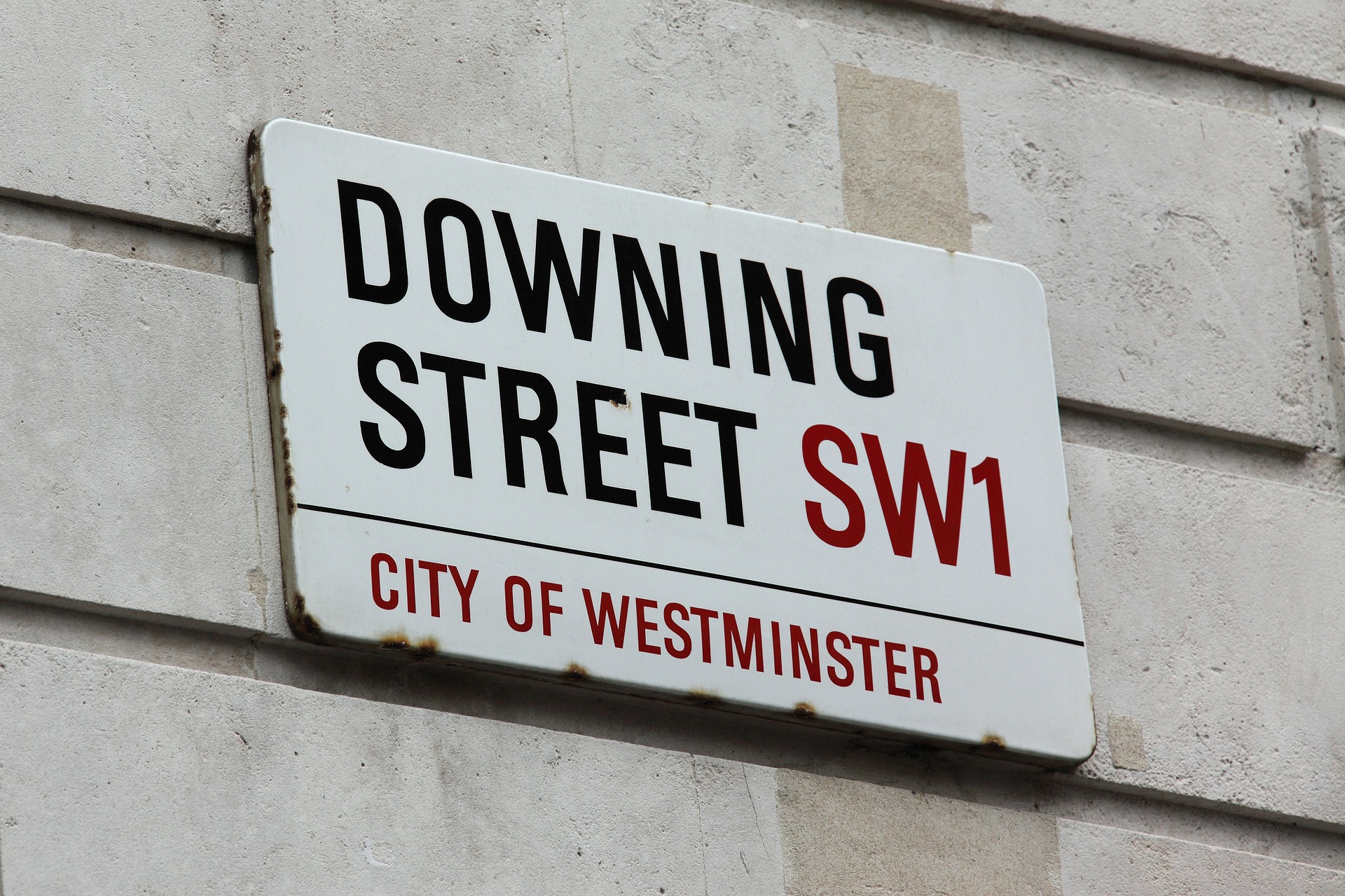The United Kingdom experienced its second terrorist attack in three months, and the third at the hands of someone convicted of terrorism. On Sunday 2nd February, 20-year-old Sudesh Amman stabbed two people in a South London Borough, on Streatham High Street, after seen entering a shop where it is believed he stole the knife which he used shortly after. He was wearing an imitation suicide vest, and was shot dead by armed police. Amman was released from prison just about a week before, after serving half of his sentence for terror offences. He was put on surveillance after his release, as part of a “proactive counter-terrorism surveillance operation”, which meant armed officers were following Amman on foot.
Usman Khan, who stabbed and killed two people in central London close to London Bridge on 29 November 2019 was also convicted for terror offences, having been released on license from prison in 2018, also half-way through his sentence, which was for 16 years.
Political response: Continuation
A raft of measures was proposed by the Home Office in January in response to the London Bridge attack, namely, the Counter-Terrorism Bill, which would ensure that those convicted of preparing acts of terrorism or directing a terrorist organisation, or other such serious offences, would spend a minimum of 14 years in prison. As well as facing more time in prison, they would be monitored more closely, and an automatic early release from prison would be ended for those convicted of terror offences.
While the Home Office had said that the Bill would be brought to Parliament by Mid-March, this latest attack, in its similarity in circumstance of the perpetrator to the London Bridge attack, has resulted in Justice Secretary Robert Buckland to state that “immediate action” was necessary.
This has come in the form of new emergency legislation with similar provisions as had been planned; it would end the automatic release of terror offenders from prison. This change would apply not only to future offenders, but current ones too, who would only be considered for release once two-thirds of their sentence has been served and with the Parole Board’s oversight approval, rather than an automatic release once half of the sentence has been served. The legislation is to be introduced “when parliamentary time allows”. To justify the application of this to serving prisoners, Buckland argued that this was an “unprecedented situation of severe gravity”.
This new legislation would affect 224 people currently in prison for terrorism offences, most of whom were in line to be released at the end of their custodial sentence, and any changes to the monitoring and surveillance of ex-prisoners would affect at least 74 people who are currently released from prison on license.
Criticism:
The response of the current government has been criticised for its current hard line response as it was after the January attack. Advocacy director Clare Collier for the human rights campaign group Liberty said that these rushed responses were likely to create more problems:
“From last month’s knee-jerk lie detector proposal, to today’s threat to break the law by changing people’s sentences retrospectively, continuing to introduce measures without review or evidence is dangerous and will create more problems than it solves.”
While the government have kept focus on the culpability and punishment of the perpetrators, critics have accused this as a tactic to divert attention from the root causes of these attacks of those already known to authorities; a cut in funding that has left the criminal justice system in chaos. Richard Burgon, shadow justice secretary, responded to the government’s plan; “The government cannot use sentencing as a way of distracting from their record of bringing the criminal justice system to breaking point.”
A popular tweet reminds that Amman was radicalised, sentenced, imprisoned and rehabilitated while the current conservative government was in power:
Some facts:
1. Amman grew up and was radicalised while Johnson’s party was in govt
2. Amman was sentenced under legislation in force while Johnson’s party was in govt
3. Amman was imprisoned and “rehabilitated” in prisons whose budget was cut by 40% by Johnson’s party in govt https://t.co/6h8X8MLf5i
— The Secret Barrister (@BarristerSecret) February 4, 2020
Rather, many argue, the focus should be on breaking the cycle, and to focus on understanding what happens inside prison, given that these prisoners will have to be released eventually. Nazir Afzal, a former chief prosecutor in the north-west, told BBC Radio 4 that a longer sentence would only delay the inevitable, “But there is a real problem with deradicalisation and disengagement programmes. They have been largely underfunded. They are poorly executed. This is all down to the impact of austerity on the probation service.” One of the issues pointed out is the lack of formal mechanism to risk assess prisoners when they leave.
Another issue that has been pointed out is the lack of utilisation of the main deradicalisation programme called the healthy identity intervention (HII) which delivers one-to-one individually tailored sessions. However, many of those prisoners who express a willingness are put on a waiting list and do not have access to the programme before their release. Furthermore, the success of this programme, while well-received by facilitators and participants, has not yet been determined.
Prime Minister Boris Johnson’s declaration after the Streatham attack that deradicalisation programmes rarely work suggests that efforts will not be focused on this, despite successes in Belgium and Denmark suggesting otherwise, which focus on prevention, resilience-building and reintegration.
Government plans are likely also to be subject to legal challenge, given that the full custodial term handed down to any offender, and thus the point at which they can released, cannot be changed retrospectively.
Sources
https://www.bbc.co.uk/news/uk-51364047
https://www.theguardian.com/uk-news/2020/feb/02/streatham-attacker-police-surveillance-monitored
https://www.bbc.co.uk/news/uk-51178840






